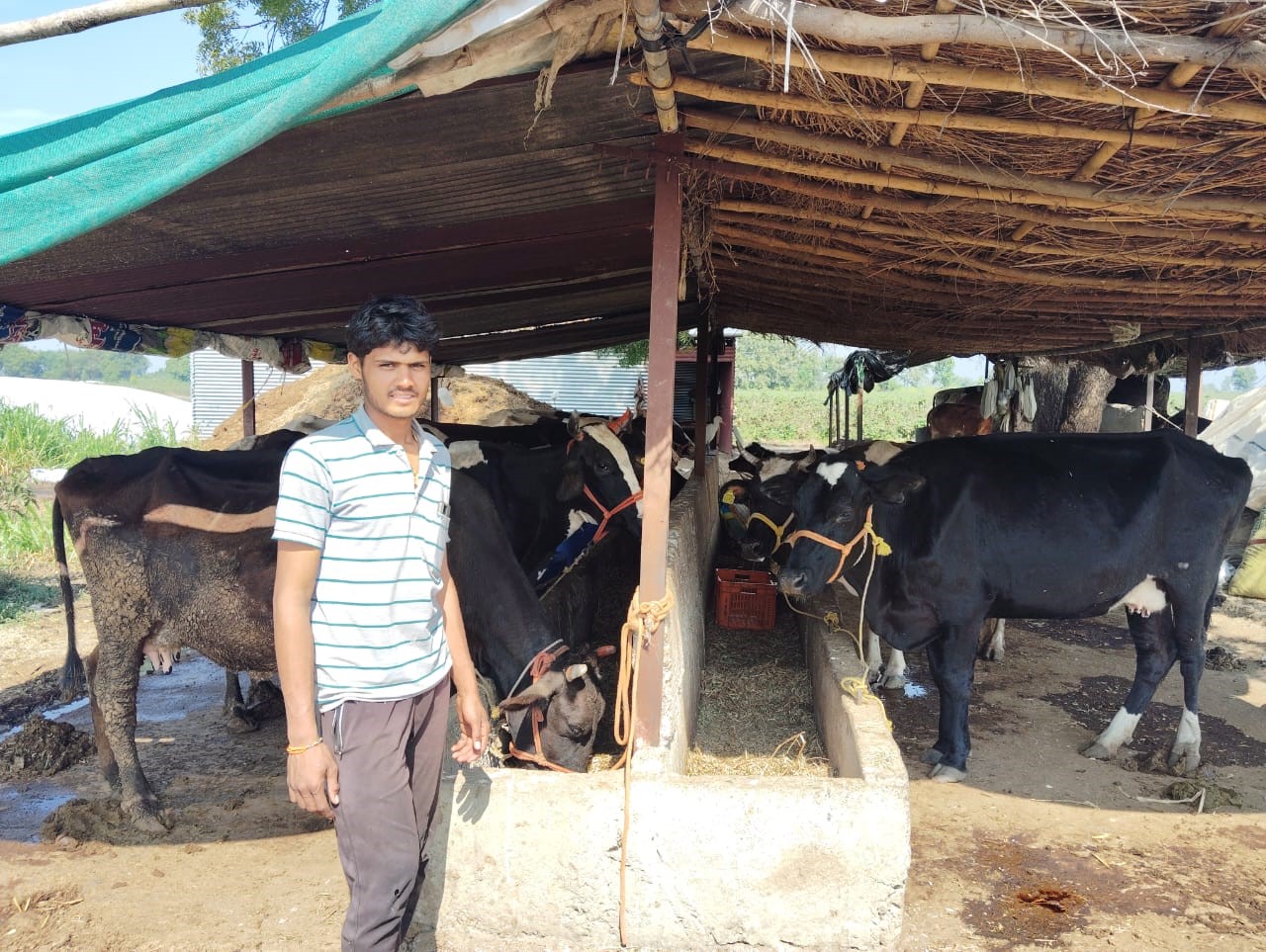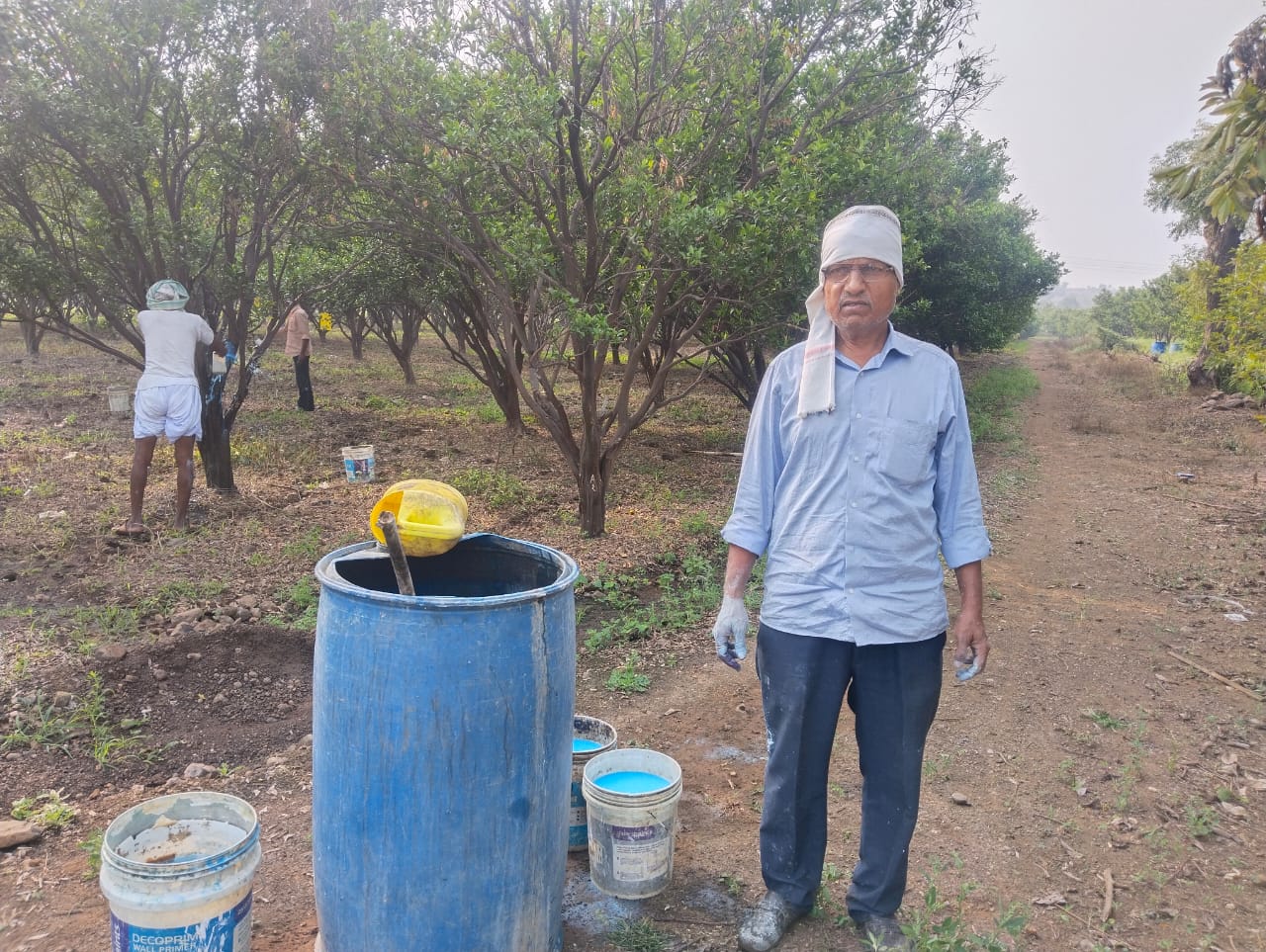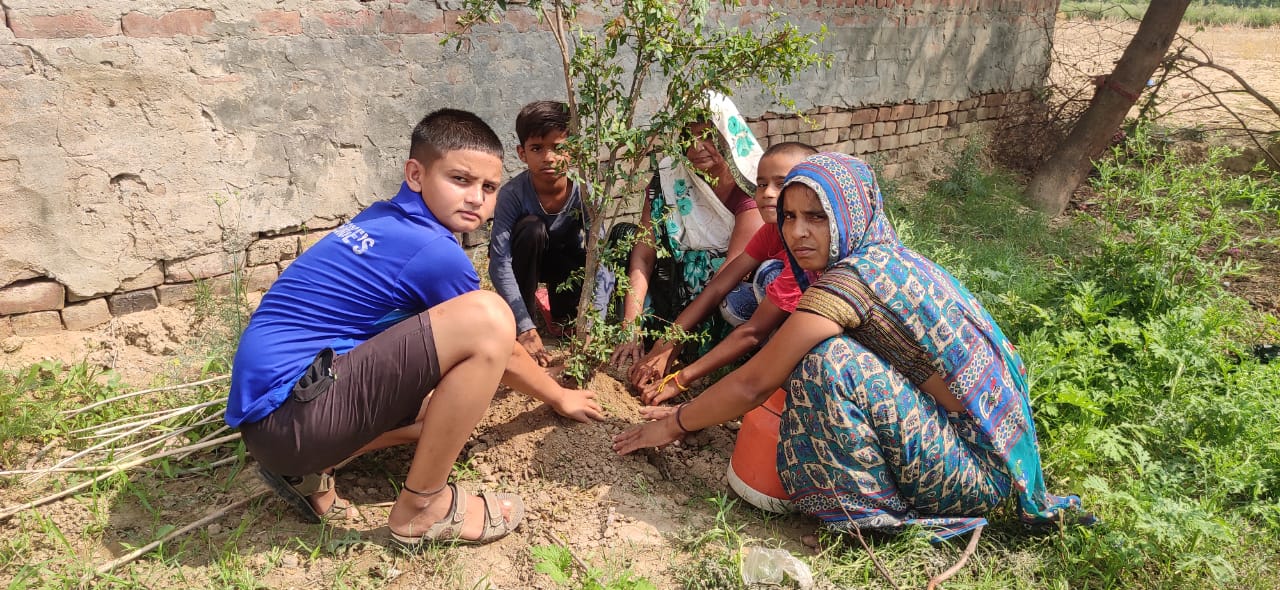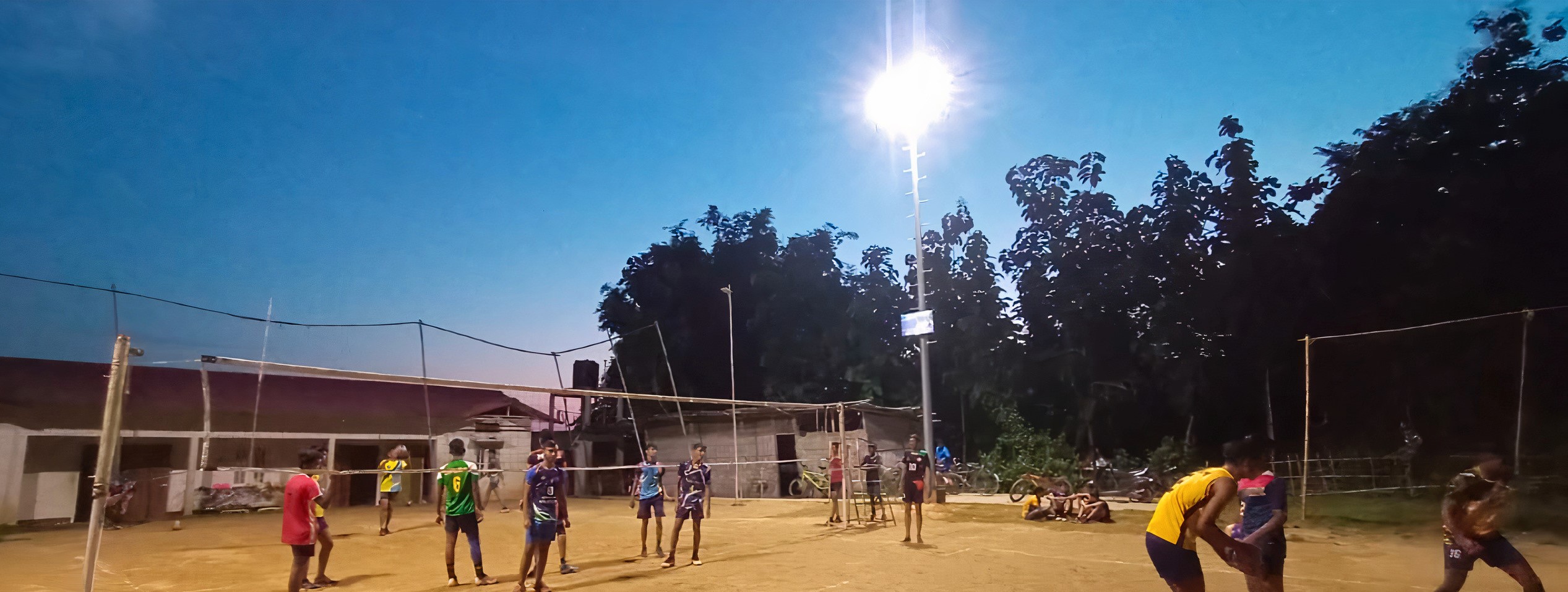In ALfA—Accelerating learning for all, is a research-driven, ground-breaking pedagogy that ensures FLN levels are reached within weeks and months, and not years
The Government has its hands full. Challenging the status quo is a daunting task for anyone sitting in the Ministry of Education. It is kudos to the government that the last few years have been the most proactive for the education sector in India. For the first time in 34 years, there is a forward-looking agenda, and a new, progressive education policy, with no mingling of words. It is clear in its direction for education, and comprehensive in the coverage. It has led to new vocabulary and implementation modalities such as flip learning, and project-based learning. It has led to debates and discussions across the nation that have never occurred in the past, for as long as we know. These discourses have been re-invigorating, and reflect a genuine interest by the education community to embrace change.
The new education policy 2020 is all-inclusive and touches upon the crucial aspects of education, including the back-end to which every educator plays the tune – assessments. Making assessments holistic presents the possibility of a far broader education than we have conceptualised in the past.
Yet, many new policy reforms go to waste when not followed by implementation. The question remains how can education go from its current state of inflexibility, tardiness, lack of motivation, past precedence, and old practices to a swift, fresh and creative approach.
Critical Issues
There are two critical issues at hand: (a) Bridging the gap in primary education, and (b) Rethinking learning. In the aftermath of COVID, many children have left school, some permanently. Girls, especially adolescent girls, are most affected. These children are unlikely to return to school unless something is done immediately. Before the COVID, too, we had a learning problem. Now the problem is even bigger. In low- and middle-income countries, UNICEF reports “learning losses due to school closures have left up to 70 per cent of 10-year-olds unable to read or understand a simple text, up from 53 per cent pre-pandemic.”1
Foundational Literacy and Numeracy (FLN) is the Sustainable Development Goal 4 of the United Nations. India’s NEP states: “The highest priority of the education system will be to achieve universal foundational literacy and numeracy in primary school by 2025. The rest of this Policy will become relevant for our students only if this most basic learning requirement (i.e., reading, writing, and arithmetic at the foundational level) is first achieved.” Additionally, the NIPUN Bharat Mission launched in July 2021 aims to provide universal proficiency in foundational literacy and numeracy for every child by 2026-27. These are candid and clear goals.
The need for disruptive solutions, NOW!
The need is now. One more year can add to the disaster facing education post-Covid. If typical systems of pre-COVID could not deliver on the promise of Foundational Literacy and Numeracy in three years of schooling pre-Covid for a vast number of children, how can we expect a miraculous outcome within this year without transformational practice post-Covid.
Many of the children sitting in Grade 3 and attending school for the first time, or those attending Grades 4 and 5 after nearly two years of school closures, cannot read or write, or do basic arithmetic. One more year without filling of the gaps can mean the 5th grader dropping out of school in Grade 6.
Transformational ALfA – Accelerating Learning for All
We invite the introspection and immediate trial by all potential partners.
ALfA—Accelerating learning for all, is a research-driven, ground-breaking pedagogy that ensures FLN levels are reached within weeks and months, and not years. Most children can go from ground zero to Grade 3 level proficiency in a language and numeracy within 90 days, followed by further practice of reading fluency, comprehension, vocabulary, and mathematics for the rest of the academic year. The lessons can begin any time of the year and for children of all ages, and adults.
ALfA mainstreams paired learning, a process that is joyful, engaging and effective. ALfA mainstreams 21st century skills of collaboration, communication, creativity, critical thinking, character, and citizenship in the very fabric of the teaching-learning process itself. The teachers do not need extensive training in ALfA methods since the processes are clearly spelled out through ALfA prompts.
The teacher’s roles change dramatically. As enablers, their job is to pair up children, read out the prompts, and motivate every child. ALfA prompts are the learning-by-doing empowerment that teachers never had. Implementing ALfA changes beliefs and practice, the most important transformation that education needs.
Transformation versus incremental change
Where is the paradigm shift in education?
ALfA is not to be taken as incremental change to an existing system of education. Rather, it is transformative change, much like the smart phone is to the landline phone (anyone remember those?). No matter how much we keep fixing the old landline phone, it can never become the smart phone. Even the first bulky versions of these mobiles were distinct technology that represented a paradigm shift to the old landline phone. The smart phone technology required different thinking and design. It required new guiding principles, and vastly newways of thinking – same with ALfA. It renders the old mobile technology of education redundant.
ALfA is a leap of faith. Just like the old grandmother who refuses to accept the mobile phone, as she is quite satisfied with her landline phone. It is hard to shed the past, partly because we survived using it. It served us good, and we understand it so well. We keep improving the old landline phone with incremental changes, just like we do in education, but the old landline phone will never transform into the new smart phone. We need completely new guiding principles as the two technologies are vastly different, and often opposed.
Give new a try
The only way to change precedence is to give new a try, like the old grandmother who finally was coaxed into trying out the smart mobile. Now she is the one to explain its benefits better than we could have ever done with all our logic and might before she gave the new a try.
Implementing ALfA changes our beliefs dramatically about children’s capacity to learn quickly. It puts us in a new plane of thinking about education. Once the paradigm shift takes place, we begin to see reality from a new vantage point. With each implementation of the new, we begin to think of deeper ways to engage with it, and we begin to improve it, year after year, just like new versions of the smart phone each year. Incremental change always follows transformational change.
There are no halfway houses between the old and the new. Paradigm shift is not a series of incremental changes. Improvement to the established ways is like adding a dash of cooperative learning to a system that is designed for competition. It produces only incremental change at best. It does not lead to the profound change we are now seeking from an education in the 21st century.
We need change at the core, not at the margins of education. This is possible only when we go back to the drawing board and think afresh around new guiding principles such as collaboration over competition. What will an education based on collaboration look like? What does competing with self over competing with others look and feel like in a classroom? How can this be mainstreamed?
How we came to ALfA
Change comes from dissatisfaction. The program creator, Dr.Sunita Gandhi says: I have been very circumspect about education, as many of us are. Education from the past is not bringing out the best in all our children. We expect the normal distribution curve in every class with some children excelling, and some lagging behind. Everybody is stressed from teachers to the children, to us managers. It is a race to nowhere.
In 2001, I got a perfect laboratory in Iceland when I won the bid to run Iceland’s first two charter schools. I was free to do whatever I wanted. My first research question was: Can every child sitting in a classroom maximize their learning potential and excel, or is this an oxymoron?
We gave every child a half-yearly test at the beginning of the year. This led to two major insights:
- Children already know just over 50% of what they need to learn before we begin to teach them. Some children could solve almost everything, and did not need to study anything at all for that grade.
- The year-on-year learning was very low, so by the end of grade 8, children did not know much more than grade 7.
- When I implemented the same idea in India by giving the same exact test in English to the children of Grades 5, 6, 7 and 8. Guess what you might expect to be the results? Many children of grade 5 did better than children of grade 8, and the results were not at all what we expected, a natural progression of performance from grade to grade! This led to the conclusion that class-wise sitting of children is insane. The research in Iceland, India and the UK got published in 2017 in the UK: Ipsative Assessment and Personal Learning Gain – available for download on the net by Springer, UK.
After coming back to India, I took up new research work, this time on the literacy of children and adults. The slums provided the best insights. Given that the children and adults already knew their language, I wondered why it takes 3 years to teach them to read with matras in schools, and 6 months or more for an adult to learn to read. My research question was: Can a completely illiterate person learn to read a newspaper in just one month, or is this an oxymoron?
I converted my office into a literacy laboratory.This led to the creation of Global Dream Literacy Toolkits with two thin booklets in Hindi and one for numeracy. These incorporate a reverse methodology and the ALfA process of learning. We do not teach the letters. Children go straight to decoding and blending complete words from the first lesson. In fifteen days of just 15-20 minute sessions per day, they finish learning the letters of the alphabet in their languages, which is typically a year-long process in most schools.
Multiplying Impact
The Global Dream Toolkits are available in 15 Indian languages and in another 14 international languages. They are easy to replicate in any language within a month.
ALfA has been taken up by some of the Indian States and Aspirational Districts recently, and has signed up the Republic of Maldives for a nationwide implementation at its 215 government schools. In many countries, ALfA is at various levels of implementation, for example, at Literacy Chicago and two districts of California, USA, and in schools in Zimbabwe, Zambia, Guyana, Liberia, and Afghanistan.
Results from ALfA
Children of ages 5 to 7 are learning to read newspapers in three months. Don’t believe us till you watch the evidence and news media coverage.2
We invite your participation because learning cannot wait for another year. Disrupting the status quo is required now, and this is not possible by making changes to an existing system. ALfA is the smart phone of education every child deserves.
- https://www.unicef.org/press-releases/covid19-scale-education-loss-nearly-insurmountable-warns-unicef
- www.dignityeducation.org
DEVI Sansthan (Dignity Education Vision International) is a non-profit organisation founded in Lucknow, India. DEVI’s vision is to achieve universal Foundational Literacy and Numeracy (FLN) for all children and adults.








